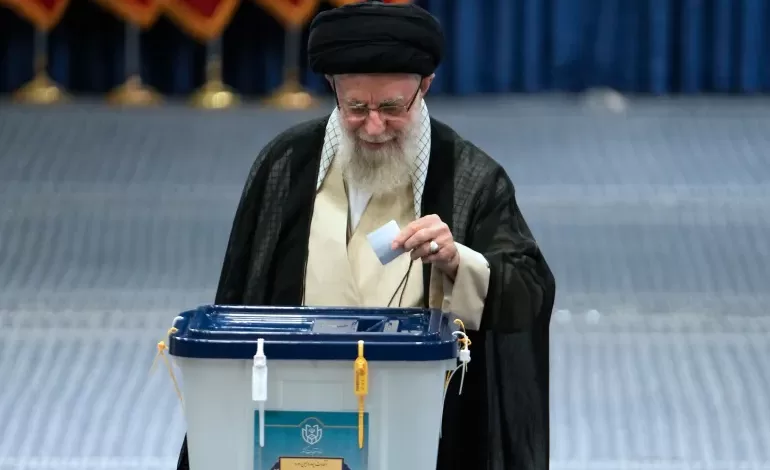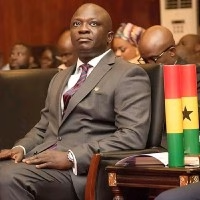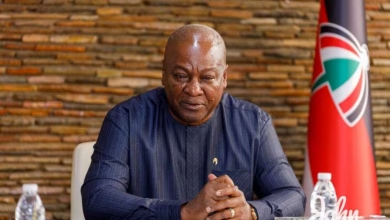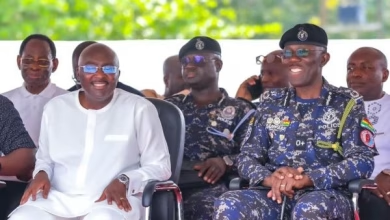Iranians Cast Ballots In Unexpected Presidential Election

- Iranians are heading to the polls
- The election is being closely watched
- Two contenders subsequently dropped out
Iranians are heading to the polls to elect a new president, following the tragic death of Ebrahim Raisi in a helicopter accident.
The election comes at a time of increasing public discontent, with voters choosing from a carefully vetted list of four candidates who are all loyal to the supreme leader.
Polling stations opened at 8am local time (04:30 GMT) and are scheduled to close at 6pm (14:30 GMT), with the possibility of extension until midnight if necessary.
The election is being closely watched, as the new president will face significant challenges in addressing the country’s economic and political woes.
The snap election coincides with escalating regional tensions due to the current war between Israel and Iranian ally Hamas in Gaza and Hezbollah in Lebanon, Iran’s first direct attack against Israel in April, as well as increased Western pressure on Iran over its nuclear programme.
While the election is unlikely to bring a major shift in the Islamic republic’s policies, its outcome could influence the succession to Ayatollah Ali Khamenei, Iran’s 85-year-old supreme leader, in power since 1989.
A council made up of six scholars and six jurists aligned with Khamenei vets candidates. It approved just six from an initial pool of 80. Two contenders subsequently dropped out.
Prominent among the remaining hardliners are Mohammad Bagher Ghalibaf, parliament speaker and former commander of the air force of the Islamic Revolutionary Guard Corps (IRGC), and Saeed Jalili, a former nuclear negotiator who served for four years in Khamenei’s office.
The sole comparative centrist, Masoud Pezeshkian, is faithful to Iran’s theocratic rule, but advocates detente with the West, economic reform, social liberalisation and political pluralism.






